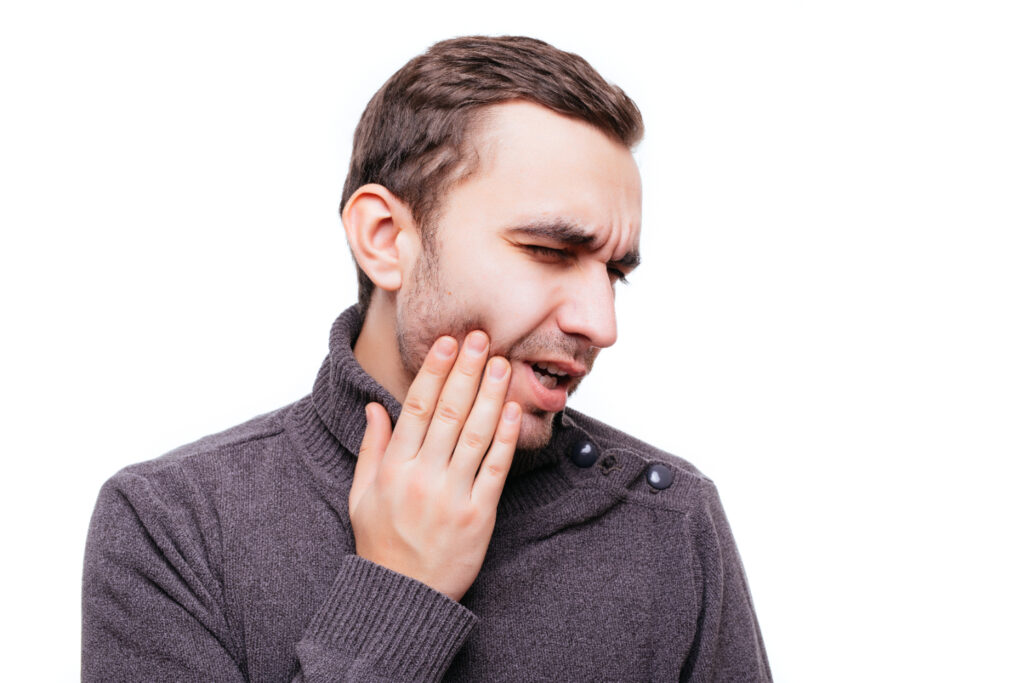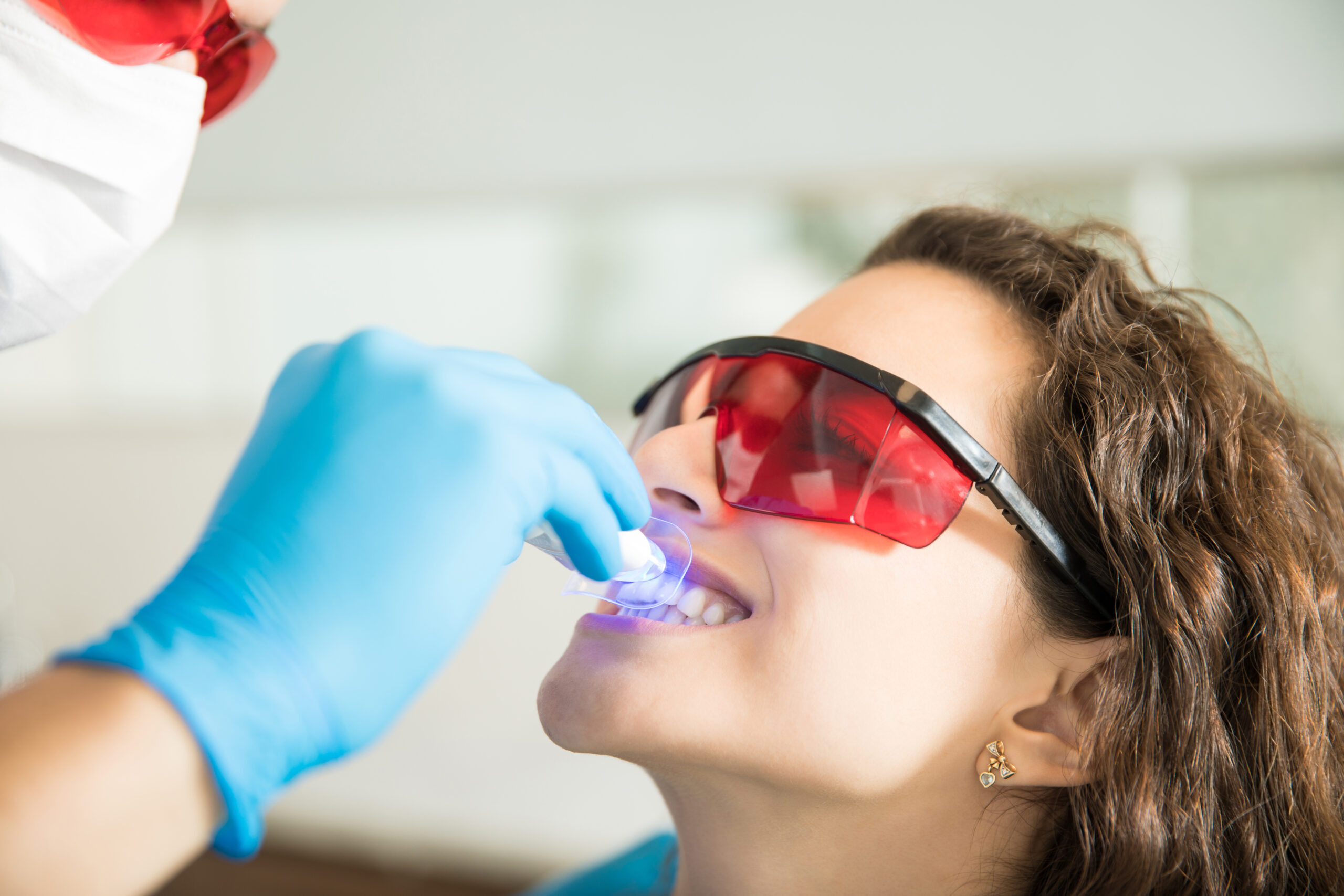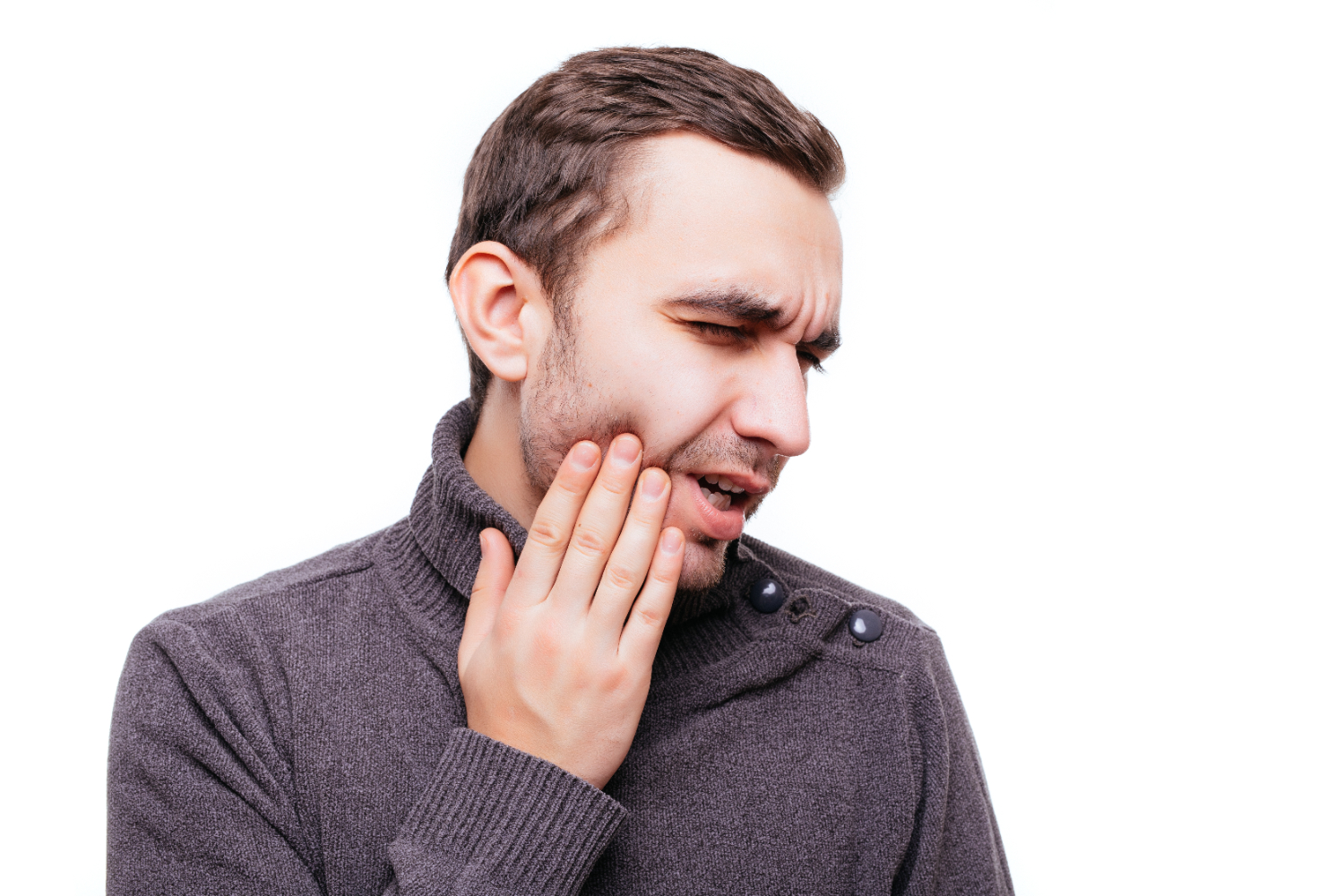An Unexpected Toothache – What Causes It?
Why Does a Tooth Hurt? Causes, Habits, and Solutions
An Unexpected Toothache – What Causes It?
Almost everyone has experienced a sudden toothache at some point, whether mild or unbearable. The big question is: why does a tooth hurt, and what can be done to fix it? This problem can stem from multiple causes, ranging from minor issues to serious dental conditions. That is why it is essential to understand the most common reasons for tooth pain, identify habits that can worsen it, and apply the best solutions for relief.
The Main Causes of Tooth Pain
A toothache can often appear without warning, catching you off guard at the most inconvenient moments. In many cases, it is due to cavities, a common issue caused when bacteria convert sugars into acids that erode tooth enamel. Over time, if the damage progresses, the infection can reach the nerve, resulting in intense pain. Furthermore, another frequent cause is tooth sensitivity, which occurs when gums recede or enamel wears down, exposing the dentin. As a result, discomfort arises when consuming hot, cold, or acidic foods.
Tooth pain can also be a sign of gum disease. Initially, gingivitis leads to inflammation and bleeding, but if left untreated, it can escalate to periodontitis, compromising tooth stability. Additionally, pulp inflammation, known as pulpitis, generates sharp pain and may necessitate a root canal treatment to alleviate symptoms.
Wisdom teeth are another notorious culprit behind dental discomfort, particularly when they lack sufficient space to emerge properly and exert pressure on neighboring teeth. Moreover, bruxism, or teeth grinding, significantly contributes to enamel erosion, leading to fractures and heightened sensitivity. Lastly, dental trauma, impacts, or poorly fitted restorations may exacerbate tooth pain, making professional evaluation crucial.
Habits That Can Worsen Tooth Pain
Without realizing it, certain daily habits can gradually aggravate dental issues. Frequently consuming sugary and acidic foods accelerates cavity formation. Additionally, using a toothbrush with excessively hard bristles or applying excessive pressure while brushing can lead to gum recession and enamel erosion. Smoking not only stains teeth but also weakens the gums and delays the healing of oral injuries.
Furthermore, neglecting oral hygiene allows plaque and bacteria to accumulate, significantly increasing the risk of infections. Additionally, chewing on hard objects, such as ice or fingernails, raises the likelihood of fractures and tooth sensitivity, further intensifying discomfort over time.
How to Relieve Tooth Pain
When a toothache appears, taking swift action is essential to prevent complications. Scheduling a dental visit at the onset of persistent discomfort ensures an accurate diagnosis and reduces the likelihood of requiring invasive treatments. Additionally, maintaining consistent oral hygiene by brushing twice a day and using dental floss is vital for minimizing plaque and bacterial buildup.
For those experiencing tooth sensitivity, specialized toothpaste designed to strengthen enamel can significantly reduce discomfort caused by temperature changes. Furthermore, moderating the intake of sugar and acidic foods is key to sustaining a healthy smile. Individuals suffering from bruxism may find relief in wearing a night guard, which protects against enamel wear and alleviates jaw pressure. Meanwhile, applying cold compresses or rinsing with salt water can offer temporary relief until professional care is sought.
When to See a Dentist Immediately
Certain warning signs indicate the necessity of immediate dental care. If the pain is severe and unrelenting or discomfort arises while chewing, seeking a professional evaluation is strongly advised. Additionally, swollen, red, or infected gums—particularly those exhibiting pus—require urgent treatment to prevent further deterioration. Unexpected tooth mobility is another concerning indicator, as is the presence of fever accompanying tooth pain, which may signal an underlying infection.
Conclusion: Preventing and Treating Tooth Pain Effectively
When considering why does a tooth hurt, it is essential to examine both the possible causes and lifestyle habits that may be contributing to the issue. Implementing a proper oral hygiene routine, avoiding harmful practices, and scheduling regular dental check-ups are fundamental steps in preventing tooth pain. However, if symptoms have already appeared, seeking professional care promptly remains the best course of action to avoid severe complications.
If you are in Valencia and require expert dental care, Facialia in Silla is your top choice. Our experienced team, cutting-edge technology, and personalized approach ensure optimal oral health for every patient. For further details, visit our website www.facialia.com or contact us at +34 636 688 886 to schedule an appointment and receive top-tier dental care.



